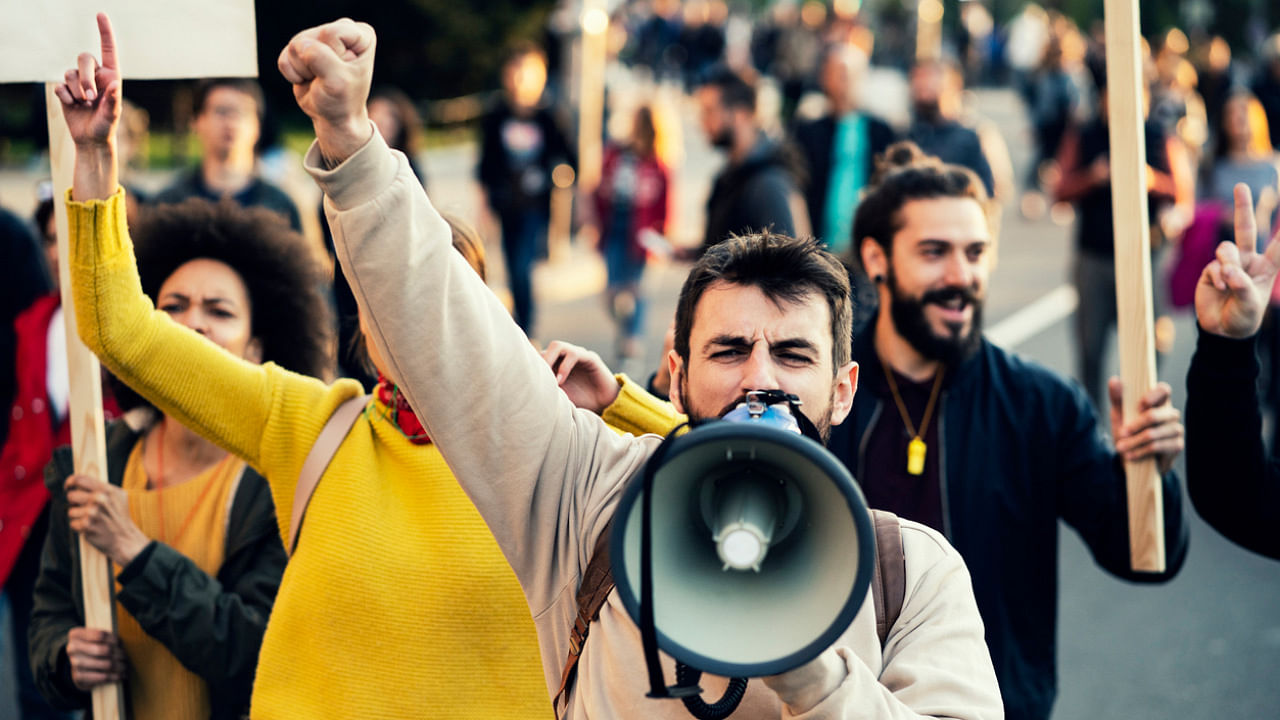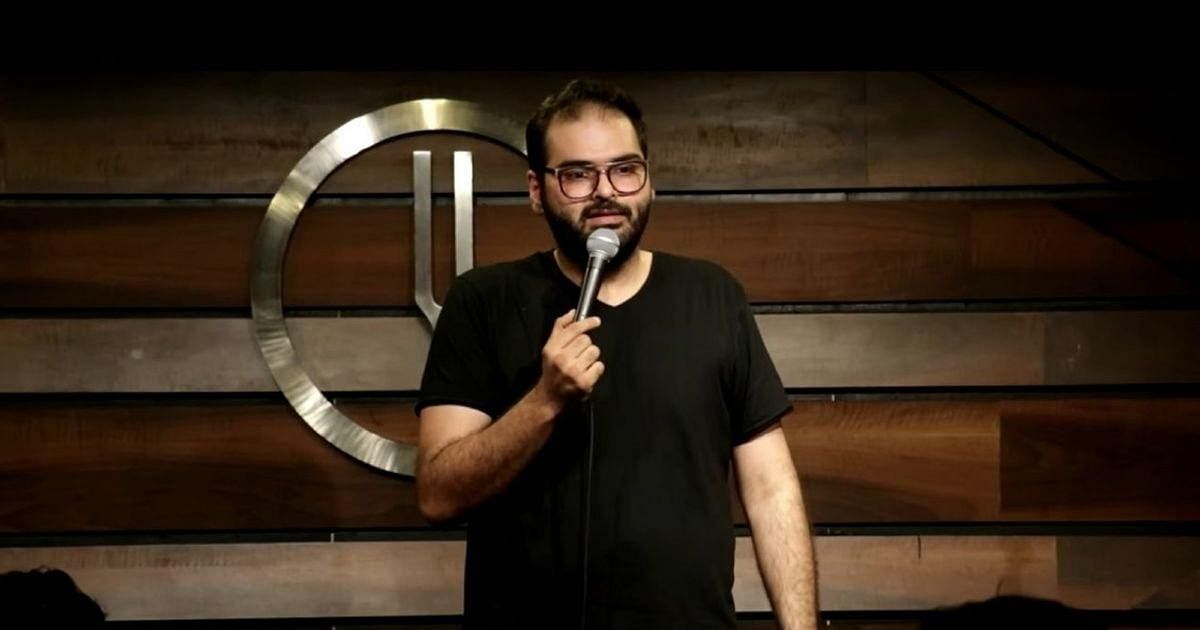

An oft-forgotten rule of the law of freedom of speech and the reasonable restrictions the Constitution allows is that while there is a high burden on the government that the restriction has to be reasonable, there is no such requirement on the citizen, that their speech has to be so. A citizen is perfectly within his/her rights to make unreasonable, absurd, unpleasant, or even offensive speech, in fact such speech is the very soul of the freedom — what need would there be to protect polite, inoffensive, anodyne speech that doesn’t affect anyone? So powerful is this freedom, this lifeblood of democracy, that it is unsurprising that governments and authorities are so terrified by it. In some countries, the ideas of liberalism, democracy, respect for citizens’ autonomy, and the belief that public officers are servants and not masters, have been deep-rooted enough to allow a high degree of free speech. Others, not so much.
India has had a long and chequered history with Article 19. While the government over the decades added more heads under which speech could be restricted, and passed more laws to further that end, the court, for its part, evolved stringent tests in order to find a restriction reasonable.
The key principle that emerged is the doctrine of proportionality — that a restriction should be proportionate to, and not more severe than, the bare minimum necessary to prevent the harm caused by the speech. Proportionality looks at the purpose of the restriction, whether it was lawful and whether it was necessary. If it is merely one of several options available, only the least intrusive one will be permitted.
The courts have also, through various cases, laid down substantive standards for the exercise of each of these restrictions.
Sedition, for example, has long been held not to include mere criticism howsoever strong, but only speech that could incite violence. Contempt requires either the violation of a court order or actions that render the functioning of the judiciary impossible. Public order cannot be invoked for speech that is otherwise constitutional.
In the landmark case of S Rangarajan v. P Jagjivan Ram (1989), on the issue of certification of a film that dealt with caste and reservation, the Supreme Court emphatically held: “If the film is unobjectionable and cannot constitutionally be restricted under Article 19(2), freedom of expression cannot be suppressed on account of threat of demonstration and processions or threats of violence. That would tantamount to negation of the rule of law and a surrender to blackmail and intimidation. It is the duty of the State to protect the freedom of expression since it is a liberty guaranteed against the State. The State cannot plead its inability to handle the hostile audience problem. It is its obligatory duty to prevent it and protect the freedom of expression.”
These standards are broadly in keeping with the international trend — to disallow speech only in the face of violence or public disturbance. How then would a government disinclined to permit criticism get around this? By using supporters to claim they are offended by the speech, threaten or actually carry out violence, and then claiming in court that the restriction is justified.
Despite the relatively high standards laid down by the Supreme Court in the past, the police and lower judiciary often ignore precedent. Even if the charge doesn’t ultimately result in a conviction, the process, the trial, often without bail, the loss of liberty and income, the media spin, and the stigma that can dog one for the rest of their life, is punishment enough. For a government looking to obfuscate the issue till the next public distraction, it’s a victory.
The court could, if it wanted, hold the government accountable for maintaining public order and protecting the speech, as Rangarajan’s case enjoins it to do. Or the court could take the government’s argument at face value and blithely uphold the clampdown.
If it did the latter, it may be accused of bias towards the ruling party, but that criticism, too, would be subject to contempt laws. In this situation, it doesn’t really matter what head of restriction your speech falls under, or whether the standard for that was met. Nuance is of little value in a totalitarian state.
On contempt
The issue of contempt of court has always been vexed, particularly that of criminal contempt, where the standard isn’t even violation of a court order but of obstructing the functioning of courts, a standard that has been broadly, rather than narrowly, interpreted. Vexed, because it flies in the face of the most fundamental rule of justice — that one should not be a judge in one’s own cause. You could often
end up with situations where the court not only demands an apology (as if that will improve its functioning) but even dictates the tone and tenor of that apology.
The adage that respect must be earned and not demanded clearly gets short shrift here. The irony is that once demanded, it can never be authentic. The question that courts need to answer in contempt cases is first and foremost, whether public perception at all affects their efficacy. Relatedly, whether public perception is a result of the courts’ actions or of opinions on those actions. Does a ban on the expression of a critical opinion improve the public perception of courts, or diminish it?
To answer these questions, one can do no better than to quote Lord Denning, who in 1968 said of contempt: “Let me say at once that we will never use this jurisdiction as a means to uphold our own dignity. That must rest on surer foundations. Nor will we use it to suppress those who speak against us. We do not fear criticism, nor do we resent it. For there is something far more important at stake. It is no less than freedom of speech itself. It is the right of every man, in parliament or out of it, in the press or over the broadcast, to make fair comment, even outspoken comment, on matters of public interest… we must rely on our own conduct itself to be its own vindication.”
Such a statement, though, requires a high degree of self-assurance and belief that one’s own work and conduct will, in fact, provide those “surer foundations” to ensure their dignity and respect is maintained. Such a degree of self-assurance is indeed rare, and ironically, the higher an authority and the greater its power, the lower seems to be its self-assurance. Public debate and political speech requires an especially high degree of protection for its role in preserving and nourishing a democracy that by its very nature is always fragile. When the target of the speech is a powerful authority, there is a legitimate expectation that they can and should withstand a higher degree of criticism or even mockery.
Mocking a high public functionary
While the idea of mocking a high public functionary might seem distasteful, or even criminal to many Indians immersed in a hierarchical culture where respect is a matter of power rather than conduct, it is important to see this for the immaturity that it is. Satire, mockery, cartoons, and comedic takedowns are valid and important forms of public comment meriting high protection. One should not be fooled by their breezy nature or brevity of form into dismissing them as lazy or uninformed. It is sheer hypocrisy and obsession with form over substance that long scholarly essays making the same argument as a stand-up comic will be seen as constructive criticism, while comedy is not given the same respect.
India stands at an interesting juncture today — a conservative culture with a high proportion of youth that has little patience for meaningless formalities and empty respect. Time alone will tell whether our public authorities will step down from their pedestals before the tides of change sweep them away, or whether they will end up on the wrong side of history.
(The writer is a Supreme Court lawyer)